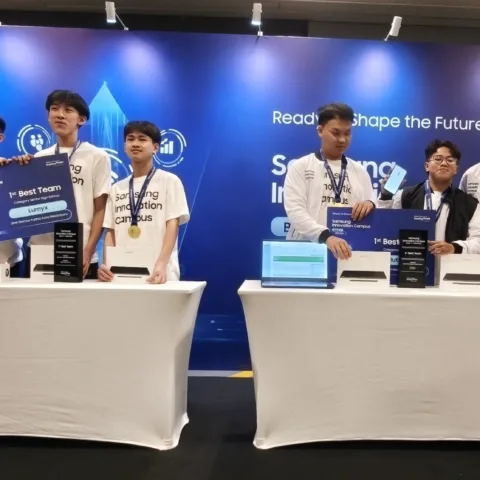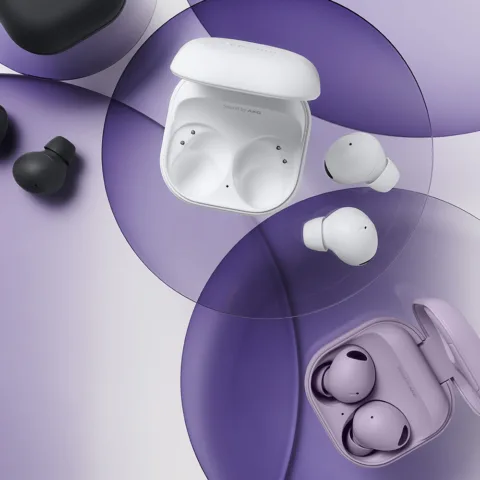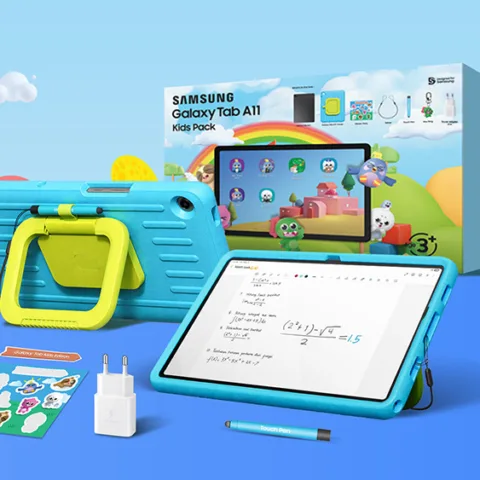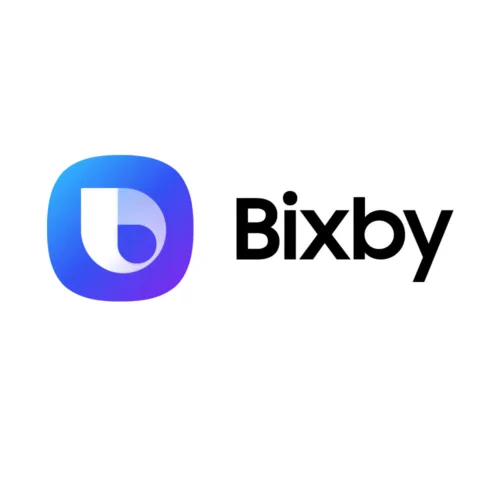 This week’s Monday Note by Jean Louis Gassée sparked an interesting thought and possibility that Samsung is gaining a serious upper hand in the Android world and could use it as leverage against Google. Now why would Samsung do that?
This week’s Monday Note by Jean Louis Gassée sparked an interesting thought and possibility that Samsung is gaining a serious upper hand in the Android world and could use it as leverage against Google. Now why would Samsung do that?
At this point, Samsung probably wouldn’t do anything to jeopardize the relationship with Google, after all, it’s selling tons of Android phones across the world and has become the number one smartphone maker on the planet because of it. Samsung owes a lot of that to Google.
On the other hand, it’s exactly this position that may allow Samsung to put pressure on Google. Samsung is large enough to dwarf its closest competitors and enough of an influence to pull off two of the three Nexus phones, the pinnacle and showcase of Android.
HTC and Motorola are the next largest Android manufacturers yet their sales are nowhere near Samsung’s and in fact have been cannibalized by its Korean competitor. The two companies are suffering.
The changing landscape
Erik Sherman at CBS MoneyWatch puts Samsung’s share of Android phones at 55%. Given that it’s an estimation, it’s likely to be off by a bit but still an impressive ballpark figure. Since Samsung no longer officially announces its sales figures for mobile devices, it’s difficult to ascertain just how much of a lead precisely it has over its competitors both inside and outside of the Android ecosystem.
Android is still Samsung’s bread and butter as far as smartphones go, but it also has bada, its own mobile operating system and also Windows Phone to fall back on in case things go sour and you may never know what could happen in this industry. Look at Palm, Apple, RIM, Nokia. In the last five years, the mobile industry has changed so much.
Seeing what Amazon managed to do with Android along with a number of Chinese manufacturers, it’s not out of the question that Samsung could consider forking and maintaining its own version of Android away from Google, thereby creating its own ecosystem.
Why would it want to do that? Control. Google is beginning to assert a level of control that it previously did not require. Ice Cream Sandwich, the fourth iteration of Android, will require partners to include the default Holo theme as an option or risk losing Android Market access.
This may not sound like a big deal at first but it could ruffle some feathers at Samsung, HTC, and other Android companies. The very reason they came up with their own display themes is to differentiate themselves from the competitors and now Google wants conformity (albeit as an option) across the board and it is willing to punish partners for not abiding. After this, what else would Google do to assert control? That’s the question likely going around at the headquarters of those companies.
Google may not want to follow up further than this though, seeing that Microsoft hasn’t been successful going with this very strategy of requiring near-uniform features on its Windows Phone handhelds but it also has market challenges elsewhere. In fact, Microsoft is looking like it will rely mostly on Nokia to push its mobile platform ahead of its other partners.
Getting it right
However, if Samsung were to go by this route, it could face consumer backlash if it fails to execute it properly. An Android variant by Samsung would initially have to be compatible with Android Market apps, just like the Amazon’s Kindle Fire but it may decide to move its entire platform towards its own marketplace. It already has Samsung Apps as a repository for Samsung-exclusive apps and ChatOn could be step one towards establishing its own ecosystem.
At the moment, the smartphone market is run by four major operating systems; Symbian, Android, iOS, and BlackBerry. Windows Phone is still in its infancy and unlikely to make a significant enough move by itself in the next 12 months to break into the top 3. In a few years though, who knows.
As it happens, Samsung and Intel have actually been working on Tizen, an offshoot of MeeGo, since September last year after Nokia made it clear that it has relegated the status of MeeGo to a research project instead of being its primary mobile operating system. This is the sort of thing that could spook Google into scrambling for alternative support.
Leaked screenshots of Tizen made its way to the Internet yesterday with comments saying that Samsung may be showing a Tizen-based phone at Mobile World Congress in Barcelona in February. While it may be early days, if Samsung could show off a working model in February, it may be able to launch a Tizen-powered phone by mid-year.
Of course, Tizen would run right into the biggest problem facing any new platform and that is lack of developer support. Without developers there would be no apps and the lack of applications would deter consumers from adoption a smartphone. It’s not so much as the number of apps but which ones are available on a particular platform.
A shopping mall needs its anchor tenants to draw visitors and shoppers, without which, the mall would be empty. The same applies to smartphone platforms as without apps that matter, consumers would not even go near one. It’s crucial that Samsung gets this right if it wants to usurp Android with its own operating system.
Danger time for Google
Google looks like it needs to pull off its acquisition with Motorola Mobility more than most people think and somehow get people to buy Android phones from Motorola. While Motorola hasn’t been doing that well in the Android world, Google has the capability to push the company even harder and ensure further adoption of Motorola phones ahead of the others to ensure it has a solid base that it can rely on.
At the moment, Google cannot ignore the dominance of Samsung and the danger it presents. It needs to have another manufacturer or more carrying the same weight or Android could lose a lot of its presence. Having Motorola on board would be an early step but it needs to make sure it can sell four to five times more phones than it does now to keep Samsung in check. Last quarter Motorola sold only 5.3 million phones, compared to Samsung’s supposed 35 million units. That is worrying.
Google may be buying Motorola Mobility for its patent portfolio and is vowing to operate the company independently but down the road, it may be the most important play it makes for its Android platform if it can execute it well.
The original version of this post was published earlier on Aulia’s personal blog











Samsung need to get their OS update right before worrying about shaken feather. And I don’t think Google would care much when Samsung go away. Android is there to prevent iPhone domination. All in all, it’s a win for Google :p.
Gitu gak bro?
even with 55% market share? That’s a concern for me 😉
you got the point bro…i agree 🙂